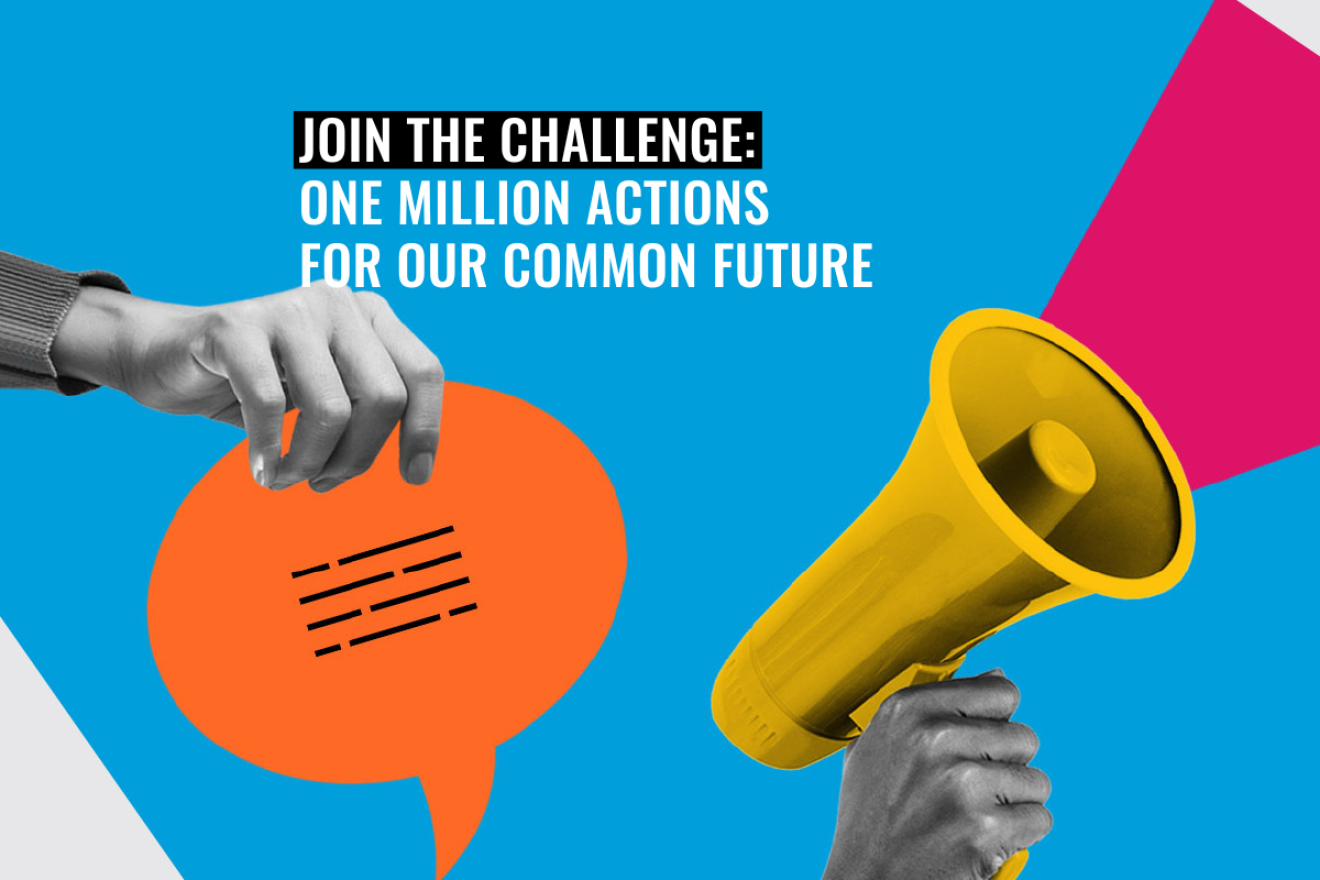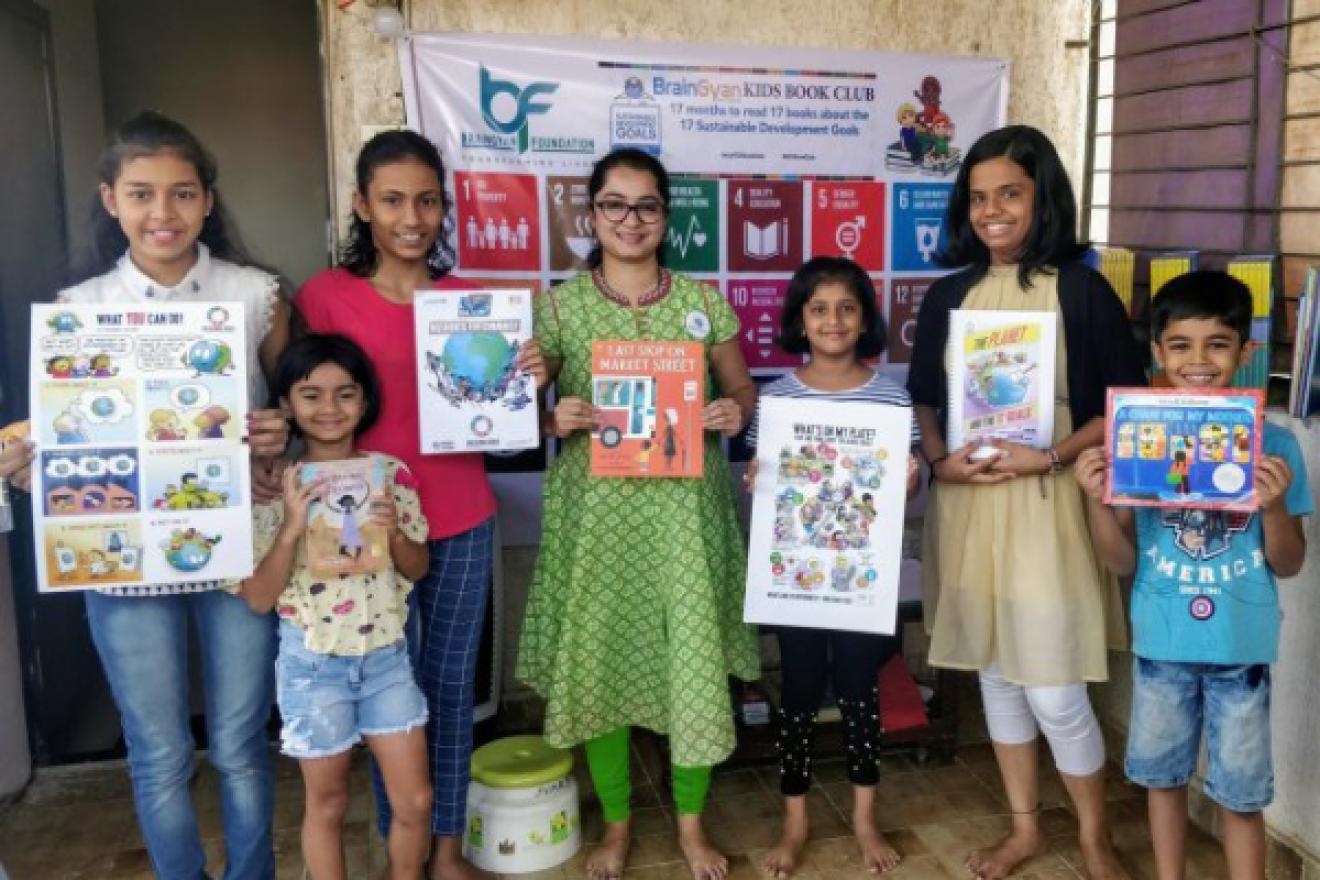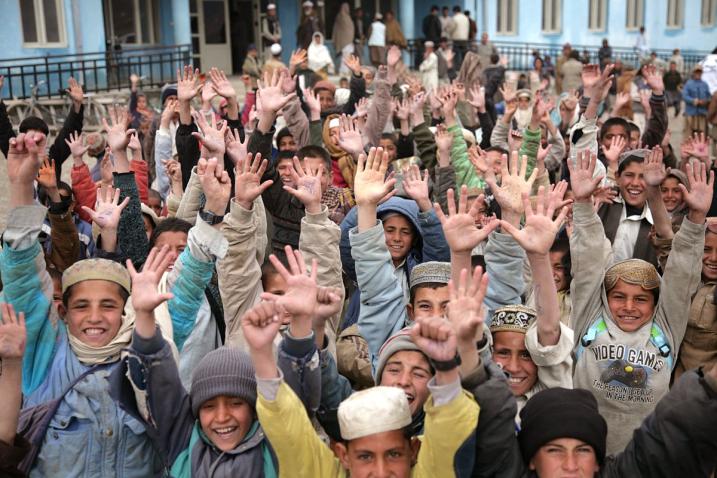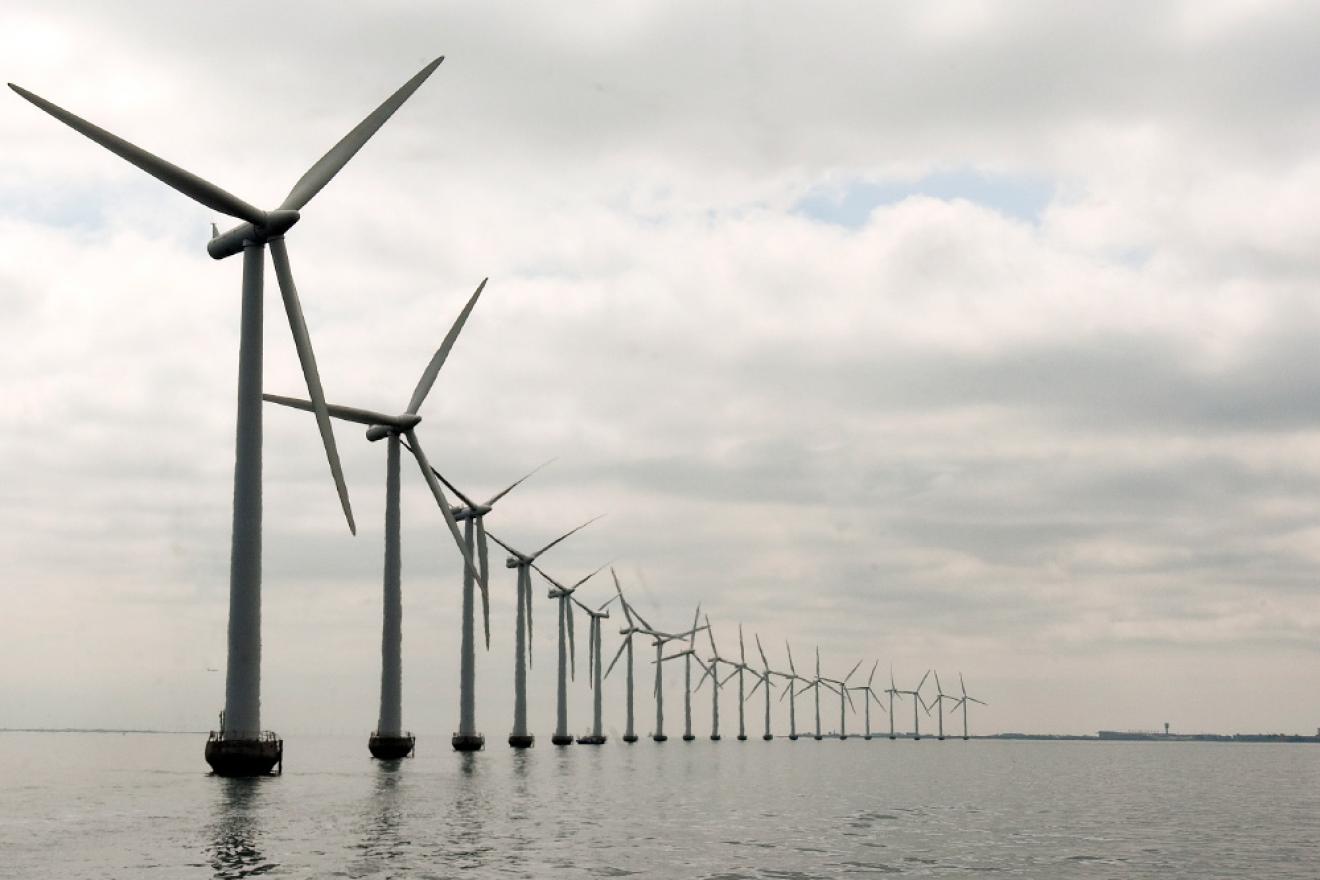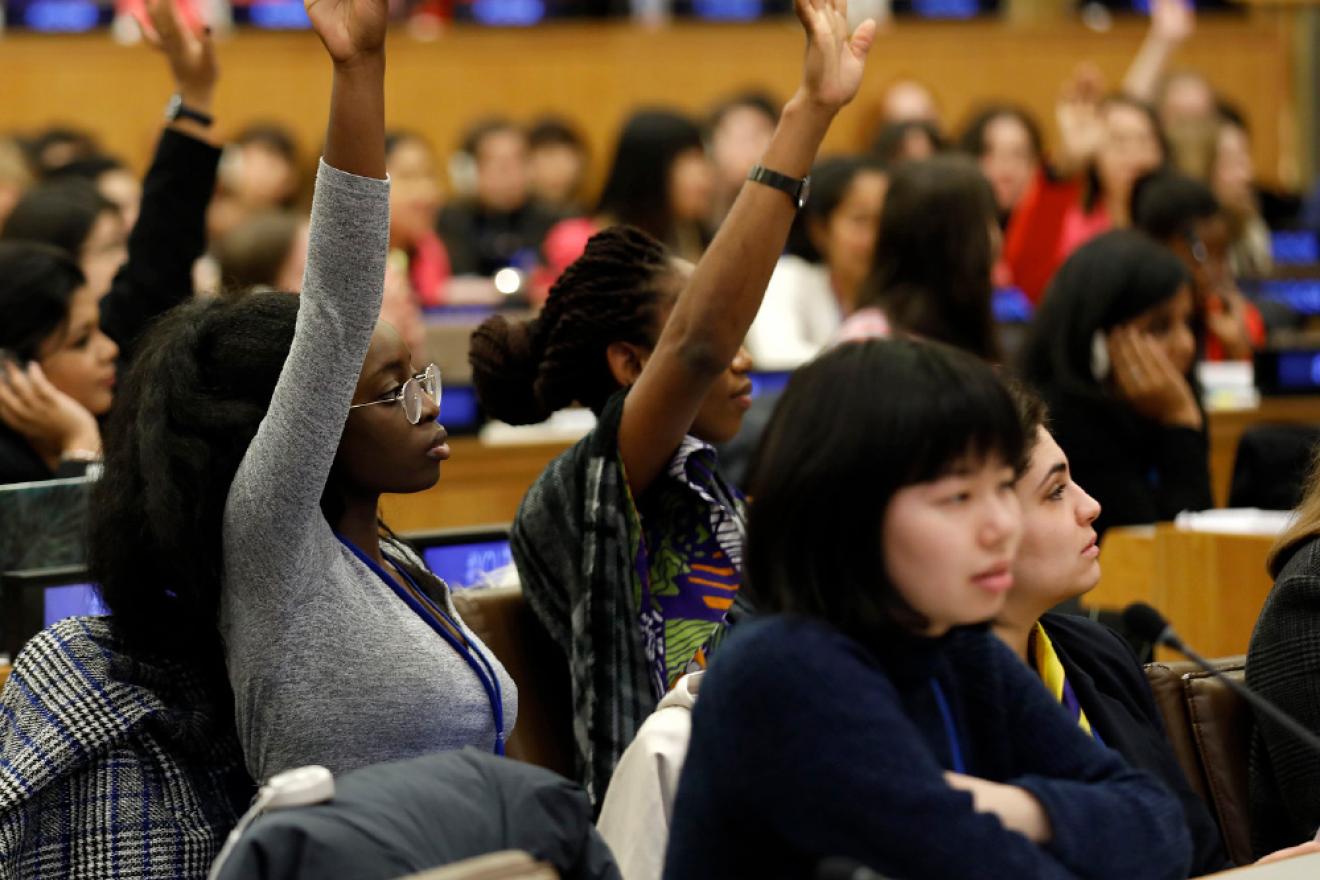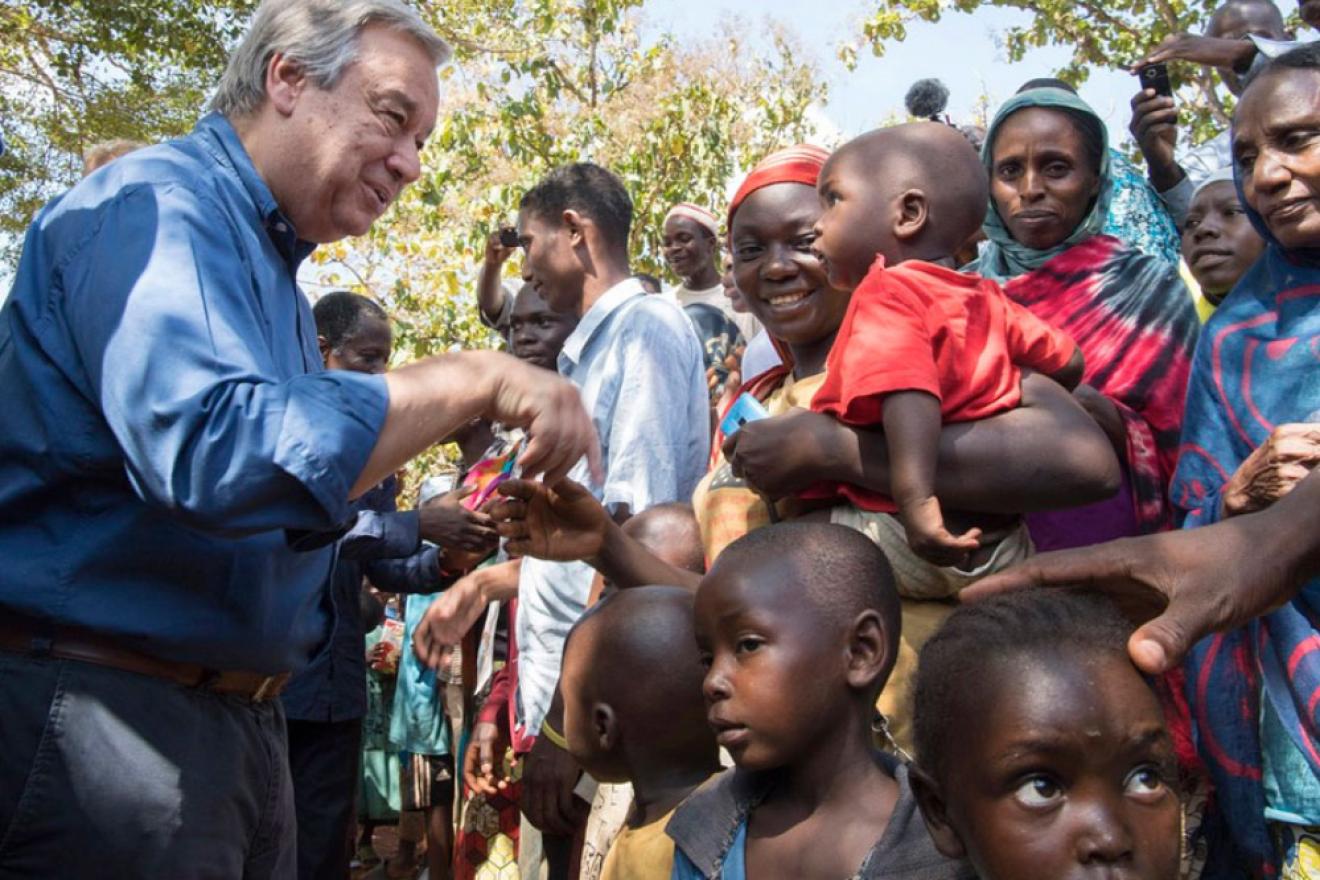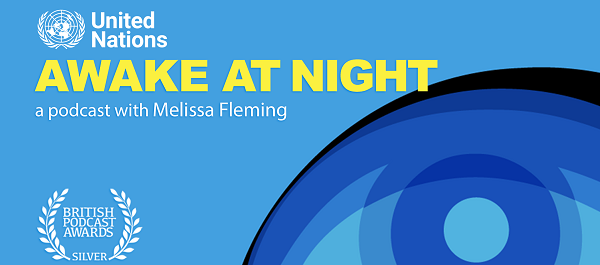The Goals can improve life for all of us. Cleaner air. Safer cities. Equality. Better jobs. These issues matter to everyone. But progress is too slow. We have to act, urgently, to accelerate changes that add up to better lives on a healthier planet. Find new inspiring actions on the app and at un.org/actnow.
World Cancer Day: United by unique
Up to four in ten cancer cases worldwide could be prevented, according to a new global analysis from the World Health Organization (WHO). World Cancer Day is an international day observed every year to raise awareness of cancer, promote its prevention, and mobilise action to address the global cancer epidemic. The World Cancer Day theme 2025-2027, “United by Unique” puts people at the centre of care and explores new ways to make a difference. Every cancer experience is unique, and it will take all of us, united, to create a world where we look beyond the disease and see the person before the patient. A world where people and communities' needs are central to health systems. Help us make a difference.





